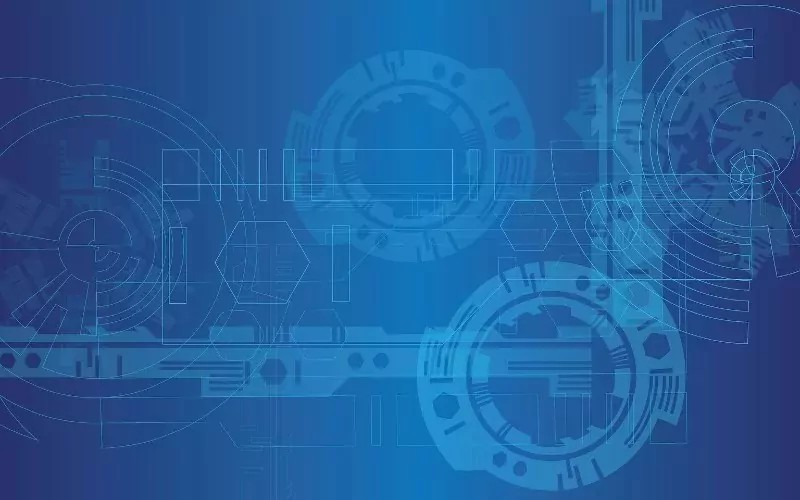The strain on global healthcare systems is undeniable. With limited budgets and rising demands, a revolution in care is needed.
The integration of mobile technology into healthcare could be the answer, promising more efficient and accessible services.
The Growing Burden on Healthcare Systems
Healthcare systems worldwide, such as the NHS, are under immense pressure. An ageing population living with chronic illnesses exacerbates this situation. With budgets tightening, a pivotal change is crucial for sustainable care.
The necessity for a more robust healthcare model is pressing. Quick diagnostics and management are key, but traditional systems struggle to cope with the burgeoning demand.
The Role of Smart Technology in Healthcare
The incorporation of Internet of Things (IoT) technology is gaining momentum. A 2019 HP study indicated that 85% of companies would adopt IoT. This shift changes manufacturing, distribution, and customer experiences.
Such advancements are reshaping our healthcare landscape. The focus on data collection and reporting is increasing, allowing for more connected care. Health innovation is becoming a central theme.
Point of Care Testing: Challenges and Opportunities
Point of Care Testing (POCT) has the potential to transform patient experiences. It can speed up diagnostics and create new market avenues. However, it mostly remained confined to laboratories.
Data usage and interpretation issues limit its full potential. These challenges become apparent in real-world settings, hindering the widespread adoption of POCT. More solutions are required to realise its benefits.
Despite setbacks, POCT remains a major development in enhancing patient care. Innovative approaches could bring its benefits beyond laboratories, directly to people’s homes.
Smartphones as Healthcare Tools
With over 2.6 billion smartphones globally, their influence is undeniable. They simplify processes across various sectors, including healthcare.
Smartphones hold the potential to revolutionise diagnosis and management. They offer ease-of-use and connectivity, creating opportunities for remote healthcare delivery.
Using smartphones in healthcare could overcome traditional barriers. They enable patients to receive lab-quality results swiftly and share them with healthcare professionals.
mDiagnostics: A New Healthcare Frontier
The combination of mobile and diagnostic technologies could lead to a mDiagnostics revolution. An intuitive interface could address many limitations of POCT.
Smart mobile technology integrates diagnosis into easy-to-use platforms. Patients can now harness mobile test reader technology for accurate diagnostics.
With smartphones, lab-standard results can be achieved without the need for traditional medical settings. This shift could change the way diagnoses are conducted, offering patients more control over their health conditions.
Impact on Patient Care and Healthcare Systems
This technological transformation empowers patients. They can manage their conditions in a more connected and informed manner.
Smartphone-enabled medical ecosystems allow for personal management of health. Patients become active participants in their healthcare journey.
Such empowerment not only benefits individuals but also alleviates pressure on healthcare systems. With reduced in-person visits, resources can be optimised for critical care.
Conclusion
The integration of mobile technology in healthcare heralds a promising future. As innovations continue, patient care is set to improve dramatically, prioritising efficiency and accessibility.
Mobile technology is poised to revolutionise healthcare. With its continued integration, we anticipate a system less burdened and more patient-centred.
The opportunities presented by mobile advances are vast, offering a new era of healthcare. The emphasis on connected care is no longer a vision, but a reality.


